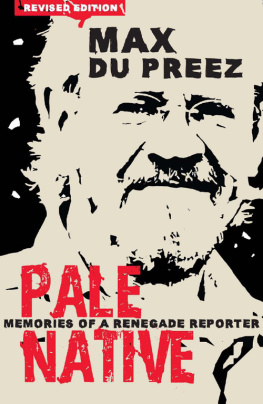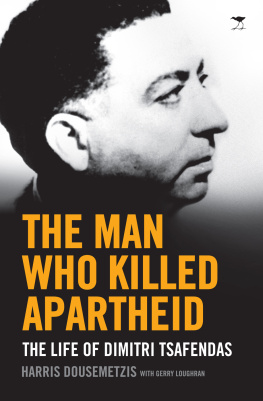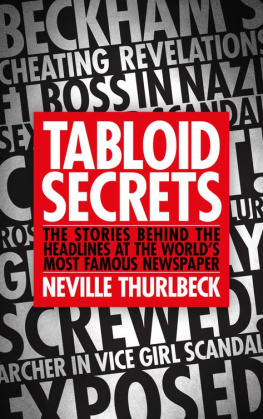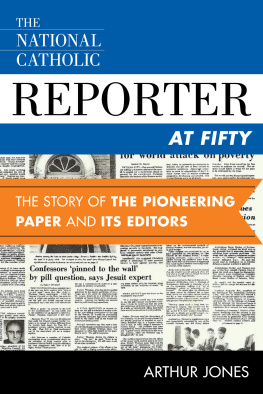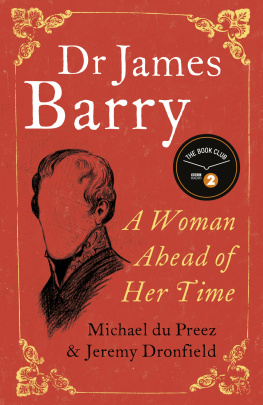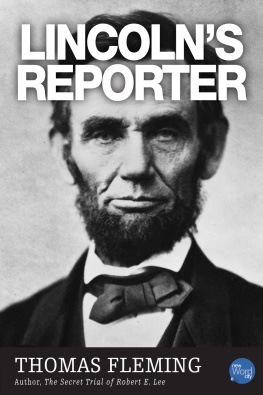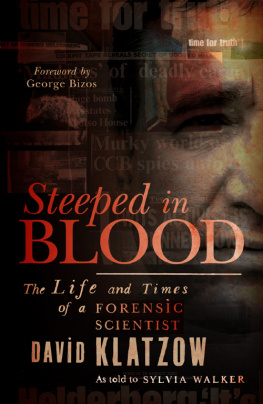PALE
NATIVE
MEMORIES OF A RENEGADE REPORTER
MAX DU PREEZ
Without the love of Angela, John, Annne, Georgie and Frances, I would shrivel up. This book is dedicated to them, with love and appreciation.
Contents
Authors note
I WAS PLEASANTLY surprised at the reception of Pale Native when it was first published in 2003. Most people understood that it wasnt an autobiography, but rather my memories of being a citizen and a journalist in South Africa. I see it as forming a small part of the writing down of history as its happened and as Ive seen it.
The political landscape has changed substantially during the last seven years, which made this updated and revised edition necessary. This book is substantially different from the first edition.
Late in 2009, I published an Afrikaans version of Pale Native under the title Dwars: Mymeringe van n Gebleikte Afrikaan. I dedicated it to my old friend Frederik van Zyl Slabbert, and I gave him a copy at his seventieth birthday party in March 2010. He died two months later.
Van Zyl has been a part of my life since my student days, and he features several times in this book. He was a formidable life force, a highly intelligent man and a politician, leader and human being of great integrity and courage. I hope future generations will also honour his legacy.
INTRODUCTION
History is against you, my brother
IT WAS LATE in 2002. My professional options had become fewer and fewer, and my bank manager more and more agitated. Perhaps it was time for me to get a job after years of being an independent operator. An exciting job right up my alley was advertised, but I hesitated: I had never, since starting to work as a journalist in 1973, applied for a job. I was always offered jobs, started my own projects or worked as a freelancer. But friends and colleagues encouraged me, and in the end I sent in my CV.
The interview with the panel was interesting. I quickly realised I probably knew a lot more about my (and their) craft than they did. I had done this kind of job several times before with considerable success.
But it quickly became clear to me that the interview was a charade. What Id feared was going to happen, was happening. I was not black. I could not even try to be black. My parents and their parents and grandparents were white-skinned. I could change my personality, my qualifications, my appearance I could even have a sex change. But I could not change the colour of my skin, ever.
I sat through the rest of the interview, mechanically answering their questions, but my mind was elsewhere: the New South Africa about which Id dreamt so much, worked so hard to help achieve and was enjoying living in, was finally turning its back on me. Of course it wasnt the first indication Id had that this was happening to me, but the situation had never been as simple and clear-cut as this.
It wasnt a comfortable feeling.
Early the next day, one of my interviewers, an old acquaintance who, ironically, had once unsuccessfully asked me for a job, phoned. You and I know youre ideal for this job, Max, he began uncomfortably. I let him sweat a bit. But Im sure youll understand it is politically and strategically impossible to appoint a white person. We have to go black now.
And then my friend said the magic words that led me to writing this book: History is against you, my brother.
History. My personal history: what has happened to me, who I have been, what I have said and done. My familys history through more than three centuries of living in Africa. My tribes history: colonialism, struggle, apartheid, baasskap. My countrys history: oppression, division, conflict, liberation. My continents history, the history of my species on this planet. My-story.
History is against me, my old comrade had said. That is quite a serious thing to say to someone. Youre done, my brother, and theres nothing you can do about it utterly inexorable, like some sort of super-universal karma.
I remembered something that had puzzled me greatly when I was a child: the biblical declaration that the sins of the fathers would be visited on their sons for generations. As a youngster I wondered what kind of god would punish a boy for what his father and grandfather had done. Perhaps it was that god who had now turned history against me, who was making me pay for the sins of the fathers of my tribe over many generations.
It was during this time that I heard, for the first time in years, from an old colleague and partner in crime, who e-mailed me from Oxford. Why on earth did he leave paradise, I asked him. His e-mail replied, The Big Wheel of History had turned. Thats all. Im not crying. It was right that the wheel turned. You cant blame the wheel for the fact that it crushed me. As ek kyk na al die arme undignified poepholle wat probeer vasklou het, is ek bly ek het fokof gekies [When I look at all the poor undignified arseholes who tried to cling on, I am glad I chose to fuck off].
He reminded me of the slogan Id used when the newspaper I had founded and edited was eventually crushed and had to close: Ons fade nie, ons fokof [We dont fade away, we fuck off]. That was my credo; it was nice and simple, and I lived by it.
And now that history has turned against me, am I going to fade or am I going to fuck off? Where would I go? Or am I going to be a poor undignified poephol trying to hang on? And what does that mean?
The more important question lurking beneath all this was: Was there no role left for me, in the prime of my life, to play in my country because a black majority was in charge and I had a white skin? Is History, this thing that has now become almost personalised in my head, saying I dont belong in Africa? Or perhaps that I can stay, as long as I shut up and am a good, loyal subject? Am I, in the words of my countrys former president, a colonialist of a special kind?
Have I become a bywoner, a tenant farmer, in the land I am so passionate about?
My friend in Oxford and many other friends and former colleagues had chosen to leave the country. Only once before had this option been put before me: an offer of an academic post at a Dutch university. I fantasised for about five seconds about teaching nubile young Hollandse meide, and then said no. It wasnt even patriotism or a sense of duty or responsibility that prevented me from ever considering leaving South Africa. It was just unthinkable. If you transplant a fifty-year-old kameeldoring tree, it will wither and die. Its root system goes too deep to dig out. Just as I cannot change the colour of my skin, I cannot become an American, European or Australian. I would be an alien forever, like a polar bear in the Pretoria Zoo. My soul is African. My skin colour is the only European thing about me.
Yes, this history-is-against-you thing really bugged me. Suddenly, I suffered a midlife crisis, an identity crisis and a nobody-loves-me-any-more crisis all at the same time.
The next day I walked to the top of the mountain on my piece of land in the Eastern Free State and had a bottle of wine all on my own with my dog by my side. I peered over the Mautse Valley all the way to the misty blue Maluti Mountains in the distance. King Moshoeshoes country. As a child my father had told me many fascinating stories about Moshesh, as he was known, the founder of the Basotho nation, who never lost a war. In my small world in the rural Free State, King Moshesh had undoubtedly been my biggest hero, perhaps like Superman had been for my son.
In the cliffs around me was the spectacular art of the worlds oldest people, the San, or Bushmen, who lived here for thousands of years. Only a handful of these remarkable naturalists survive today.

